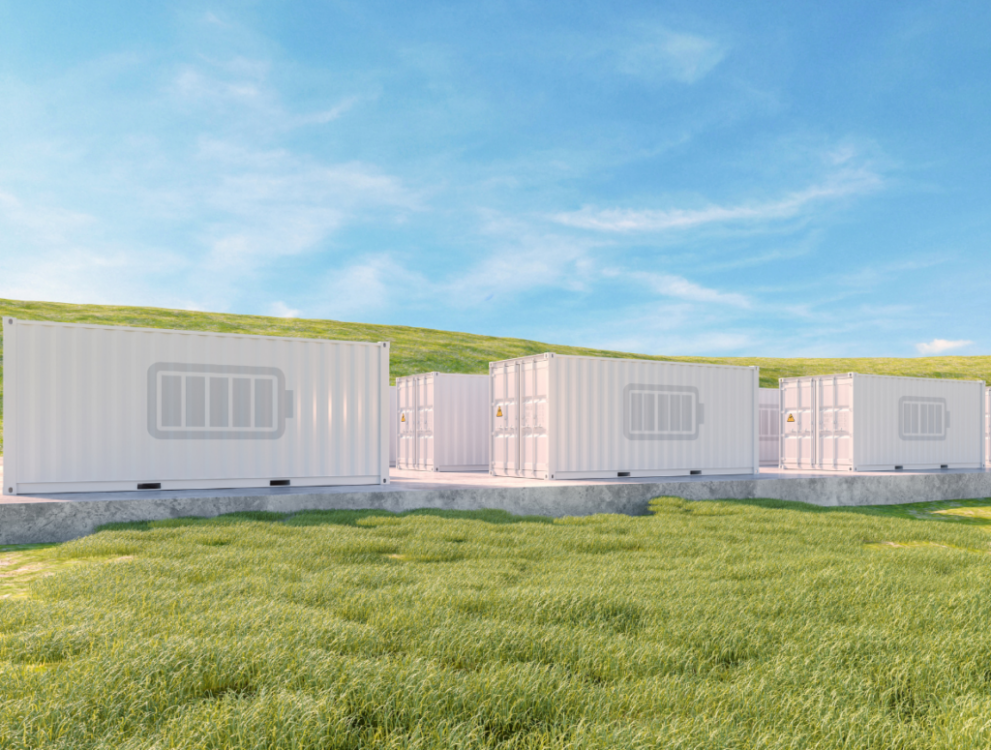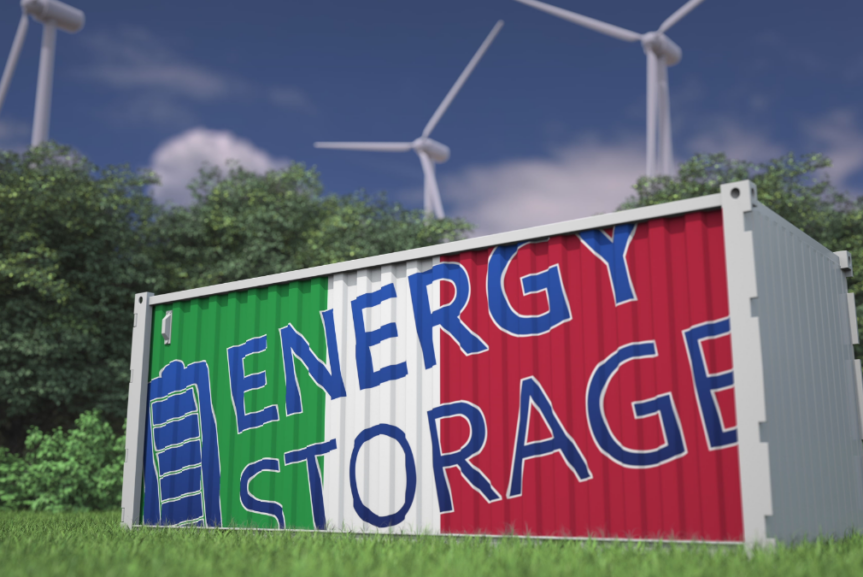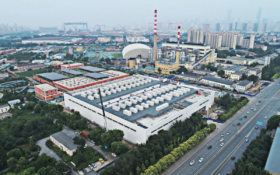Europe’s energy storage association, EASE, has expressed concern that an overt commitment to energy storage was removed from an EU policy document.
The European Commission published a paper on Wednesday to the European Parliament, European Council and two committees on a Green Deal Industrial Plan. It is intended to boost the competitiveness of European net-zero industry and support the transition to climate neutrality.
In a statement, EASE said it “regrets that a leaked text from 30 January 2023 was more explicit in its support for energy storage; nonetheless EASE is confident that energy storage’s importance will be recognised once the European Commission assesses it as a core strategic industry to reach climate neutrality.”
A leaked draft of the document – which BEST has received – stipulates “novel electricity and heat storage” as types of net-zero products for investment. But the published document has omitted that and stated: “The precise product scope remains to be defined.”
Thomas Lewis, policy officer at EASE, told BEST that the omission is significant: “It would have meant not only batteries getting funding but newer technologies like gravity storage or compressed air storage, or heat storage.”
He said it doesn’t mean that these technologies won’t be implemented but their omission from the policy document might mean that funding goes to existing technologies only.
European Commission spokesperson Federica Miccoli said the Commission adopted the Green Deal Industrial Plan on 1 February and does not comment on leaked documents.
But EASE said: “The European Union should give fair recognition to the critical role that energy storage plays in the energy system and the need to unlock energy storage’s industrial potential.
“Europe’s energy storage sector is a global leader in clean tech, but often its role is not fully recognised by policymakers. This hinders necessary investments, as resources are deployed where there is clear political commitment to energy storage. In this sense, the Green Deal Industrial Policy offers an optimal opportunity for the European Commission to do so.
“Energy storage should be considered in the context of the harmonised European Union industrial capacity goals for 2030. This would be a game-changer and a signal of clear political commitment.”
The EU plan builds on previous initiatives and is based on:
- a predictable and simplified regulatory environment
- speeding up access to finance
- enhancing skills
- open trade for resilient supply chains.
The Commission presented its European Green Deal in 2019.












